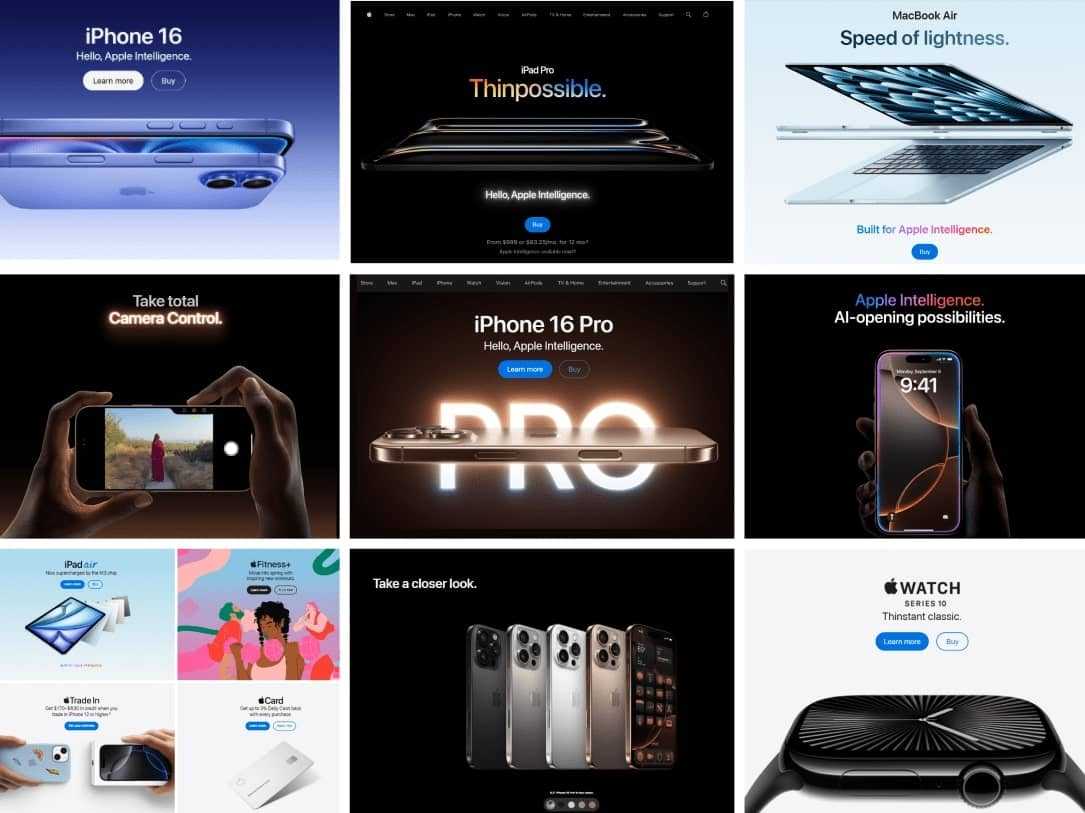Social media and the shorter sales cycle
Social Media and the Sales Cycle
According to “The Future of Selling” by Ogilvy and Mather, 65% of the most successful salespeople believe social media is essential in their success. It’s hard to argue with the results (which we’ll discuss in just a second). Social media can do many things for your business, including shortening the sales cycle.

Let’s define the sales cycle in these steps:
- Prospecting customers
- Planning the sale
- Approaching the customer
- Assessing the needs of the customer
- Presentation
- Negotiating and meeting objections
- Closing the deal
- Following up
While all businesses have different sales cycles, nearly all salespeople would agree it would be great to shorten that cycle. Integrating social media into that cycle could do just that, especially in the first three steps of the sales cycle.
Prospecting clients/customers: Knowing your target customer is essential for any sale. Those customers are out there sharing all the information you need to know, from their Facebook “likes” to their Twitter posts and re-tweets. It’s possible to develop a profile of your target with a little research.
Planning the sale: Social media gives you an advantage over businesses not using those platforms effectively. Your target customer is more than likely giving public insights into needs and wants concerning the kinds of services you offer. They’re conversing with friends (or maybe even with your competition) about exactly what it is they’re looking for. You can take those readily-available conversations and perfect the exact pitch you need to engage the customer.
Approaching the client: With that information in hand, you can create a pitch to the potential customer. For instance, if a consumer is on Twitter or Facebook complaining about the service he received at local restaurant and you own a competing restaurant, here’s your chance to engage that customer and show what you have to offer. There’s a fine line here, however. You can’t be too salesy. Most social media is about conversation. Finding the right tone and the right message is the way to attract your target customer.

In the pre-social media days, those first three steps would sometimes be the longest part of the cycle. Effectively using social media shortens the opening process and gets that sales cycle kicking into high gear. A recent study from Harvard Business Review revealed 61% of effective social media users saw increased awareness of their business among target customers. 22% of those effective users saw an increase in new business.
The study defines effective users as those companies who were most likely to use multiple channels, use metrics, have a strategy for social media use and integrate social media into their overall marketing operations. Even the “non effective” users saw increases in awareness and new business. That’s how powerful social media can be for your business.
Getting your brand out on social media is paramount, but so is the continuing effort to make your brand engaging.
Respond quickly. Did the customer give you kudos on Facebook for a great product? Don’t just let that comment sit there unattended like it didn’t mean anything to you. Provide feedback, even if it’s short and sweet. The only thing worse than leaving a compliment unanswered is leaving a complaint unanswered. Someone didn’t like the service? Tell them to contact you to make it right. It’s an opportunity to turn a complainer into an advocate.
Be consistent in your tone. Think about what your brand stands for and, if that brand is personified, how it would speak to a customer. Remember that tone when you’re speaking on one or multiple channels. Consistent, natural tones increase the personal connection from brand to customer.
Make those sales mean something to the customer once they’ve committed. You don’t want a one-and-done customer. Publically thank a customer for the sale. Offer a special deal on a repeat sale. You’re not only making this customer happy, you’ve got an audience seeing how they could be treated if they become a customer.

Social media is more important now than it has ever been in business. A qualified, experience marketing team like the one at DBS>Interactive can bring your brand to the social media universe and open up your business like never before. Take a look at the numbers. Can you afford to ignore social media in your marketing plan?




